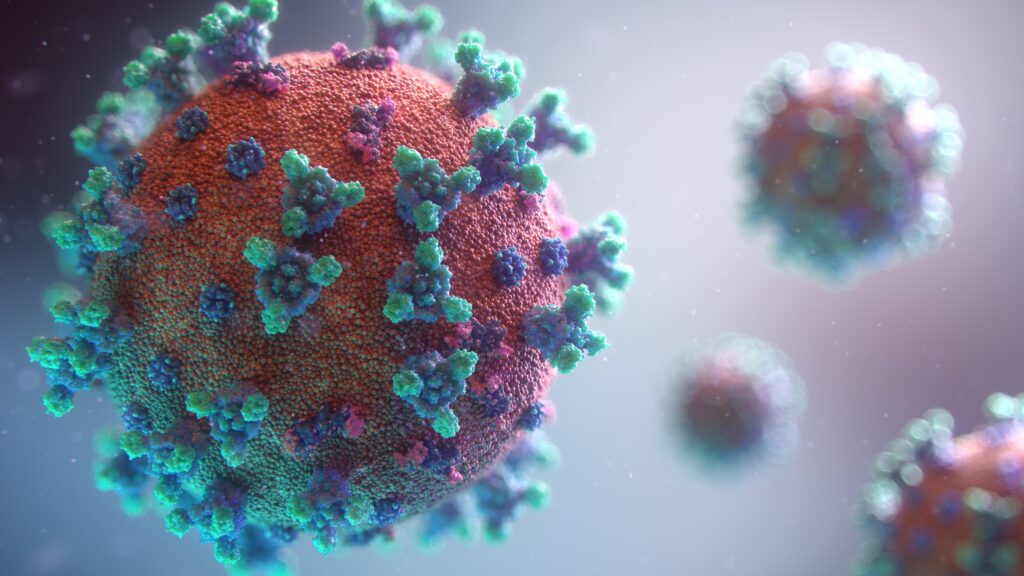EDINBURGH locals have been left shocked by the latest Covid stats as the city has become a virus hotspot thanks to the increased number of visitors during the Fringe.
According to data collected by UK health research company ZOE as part of their ZOE Health Study, there are estimated to be over 82,082 active cases per million people in the city of Edinburgh.
With Edinburgh boasting a population of approximately 553,569 people, this equates to around 9% – or one in 11 people – with symptomatic Covid cases in the city.
This resurgence of the virus in the city comes as cases of the new EG.5 variant – colloquially dubbed ‘Eris’ – continue to grow in general.

According to a map containing the data, the City of Edinburgh is, at present, the only council area in Scotland with a statistically significant number of cases.
Every other area of Scotland is listed as having “not enough data”, and there are no other parts of the United Kingdom with more than 50,000 cases per million.
The statistics have left locals shocked, with many taking to social media to voice their concerns.
Dr Ben King shared an image of Edinburgh’s current Covid statistics alongside a map of the region, with the caption: “More than 1 in 9 people currently estimated to have Covid-19 in the city of Edinburgh.
“1 in 9! Avoid busy, loud, cramped, poorly-ventilated indoor environ…oh!”
After correcting his maths to one in 11 people in a subsequent post, Dr King’s has received over 970 likes and dozens of comments from users left astonished by the figures.
One user said: “Currently. That’s dreadful. So technically tomorrow or the next day it will be >1 out of 9, right?”
Another added: “Do the Fringe organisers care? No, they’ve made their cash. The people attending aren’t raising an issue about high transmission, what hope do we have?”
A third commented: “My mother-in-law was at shows last week, no mask. Been ill all this week with Covid. Exactly the same happened to her last year too.”
Another replied: “F**k. That’s bad.”
A fifth said: “It’s almost as if pretending Covid doesn’t exist doesn’t actually make it go away.”
Despite the loosening of Covid restrictions in recent years, official guidance regarding the virus remains under the Health and Wellbeing section of the Fringe website.
The guidance reads: “While Covid-19 has waned over the last year, it remains part of our lives and we encourage all Fringe attendees – artists and audiences – to remain vigilant and stay safe while enjoying the festival.
“The Fringe is a huge gathering of people in lots of small spaces, so we still need to be mindful of the risks and mindful of different people’s approaches, comfort zones and health.”
The guidance advises event organisers to discuss COVID protocol with venues and other collaborating companies, with regards to problems such as insurance and testing.
The festival has also considered the possible impact of classic Fringe practices such as flyering: “Surveys have shown that flyering has previously been an issue with Edinburgh residents; this will likely be even more so with the way Covid has changed things.”
“Look at alternatives, such as QR codes audience members can scan instead of taking a flyer.
“If you have your heart set on flyering, consider how to do that safely.”
As one of the largest arts festivals in the world, the Fringe attracts vast numbers of people from all over the world, with a record 856,541 tickets to Fringe events issued in 2019.
The Eris variant of Covid is listed as a variant of interest, meaning that it is being monitored for mutations that may make it more severe.
However, the World Health Organization has stated that it does not yet pose a significant threat to public health.

